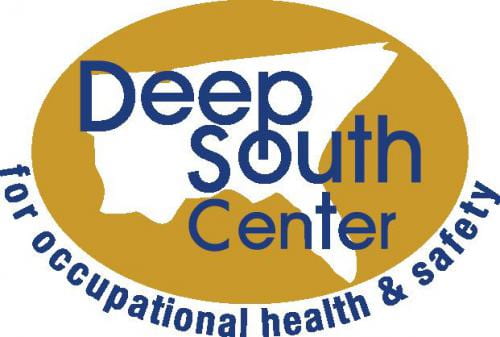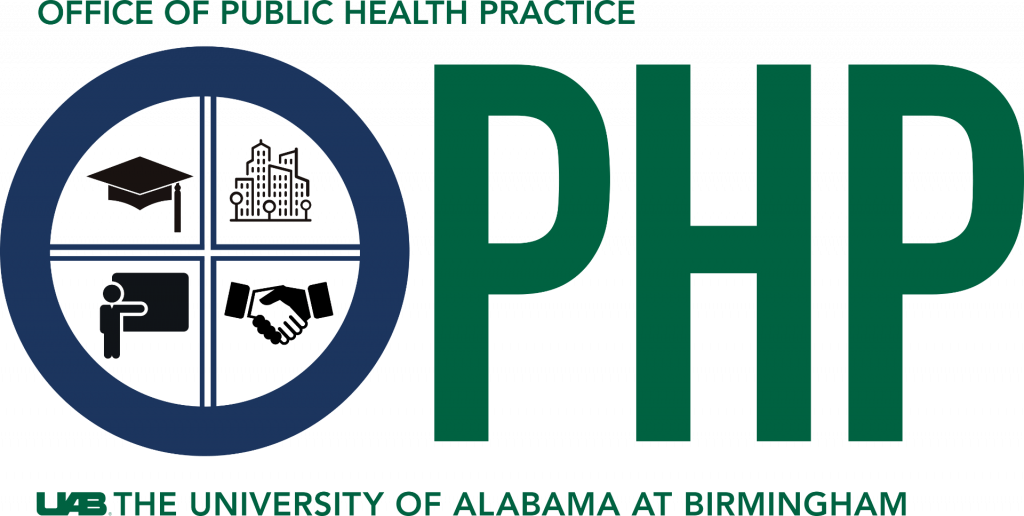Dr. Barbara Han, a disease ecologist at the Cary Institute of Ecosystem Studies, will explore recent approaches that combine knowledge about animal ecology with machine learning and artificial intelligence tools to make predictions about where and from which species the risks of zoonotic outbreaks are greatest. Examples will emphasize the ongoing spillback transmission of SARS-CoV-2 from humans to animals, the risk of establishing new viral reservoirs of COVID-19, and predicting wild reservoirs of bat-borne filoviruses (Ebola, Marburg) and rodent-borne pathogens such as monkeypox.
Dr. Han is a disease ecologist at the Cary Institute of Ecosystem Studies in New York. She completed her PhD at Oregon State University during which time she also completed a Fulbright Fellowship in Venezuela. Dr. Han went on to complete consecutive postdoctoral fellowships in biological informatics (NSF) and machine learning (NIH) at the University of Georgia. Her research program at the Cary Institute develops predictive analytics of zoonotic diseases and is supported by grants from the NIH, NSF, and DARPA.
This webinar is cosponsored by the Alabama Regional Center for infection Prevention and Control Training and Technical Assistance Center, The Region IV Public Health Training Center, and the Deep South Center for Occupational Health and Safety.
The Deep South Center for OH&S is an approved provider of continuing education units for nurses by the AL Board of Nursing (Provider ABNP0420 Expiration Date 12/22/2025) and has awarded this program 1.0 contact hours.
To view the recorded webinar and complete the evaluation, please see below.













